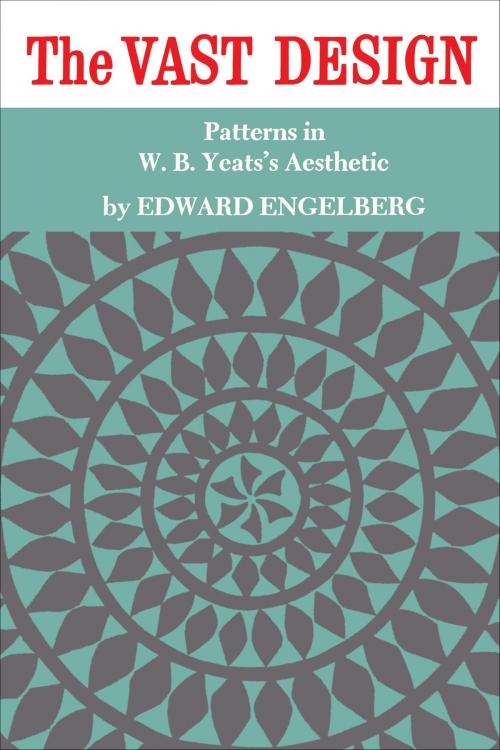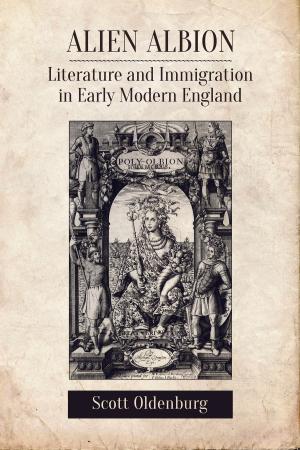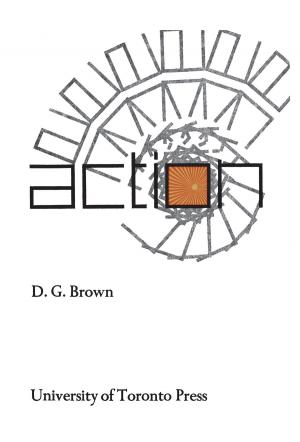The Vast Design
Patterns in W.B. Yeats's Aesthetic
Fiction & Literature, Literary Theory & Criticism, British| Author: | Edward Engelberg | ISBN: | 9781487596682 |
| Publisher: | University of Toronto Press, Scholarly Publishing Division | Publication: | December 15, 1964 |
| Imprint: | Language: | English |
| Author: | Edward Engelberg |
| ISBN: | 9781487596682 |
| Publisher: | University of Toronto Press, Scholarly Publishing Division |
| Publication: | December 15, 1964 |
| Imprint: | |
| Language: | English |
In recent years Yeats has been receiving a great deal of critical attention from many aspects. Professor Engelberg here makes a distinctive contribution to the new studies by bringing under discussion the kind of aesthetic views developed by Yeats in order to rationalize his own practice as poet and dramatist. Yeats was pragmatic in his approach and therefore not concerned about formulating a tight critical theory. Recognizing this, the author at the same time skilfully guides the reader through the opinions expressed in the critical essays to meaningful patterns and shows how Yeats's aesthetic views developed, often in relation to his study of Balzac, Blake, Spenser, Shelley, Morris, and the Irish theatre of his own day. Throughout the stress is fittingly on the originality of Yeats, and the reader will be impressed always with his great critical perceptiveness.
In recent years Yeats has been receiving a great deal of critical attention from many aspects. Professor Engelberg here makes a distinctive contribution to the new studies by bringing under discussion the kind of aesthetic views developed by Yeats in order to rationalize his own practice as poet and dramatist. Yeats was pragmatic in his approach and therefore not concerned about formulating a tight critical theory. Recognizing this, the author at the same time skilfully guides the reader through the opinions expressed in the critical essays to meaningful patterns and shows how Yeats's aesthetic views developed, often in relation to his study of Balzac, Blake, Spenser, Shelley, Morris, and the Irish theatre of his own day. Throughout the stress is fittingly on the originality of Yeats, and the reader will be impressed always with his great critical perceptiveness.















